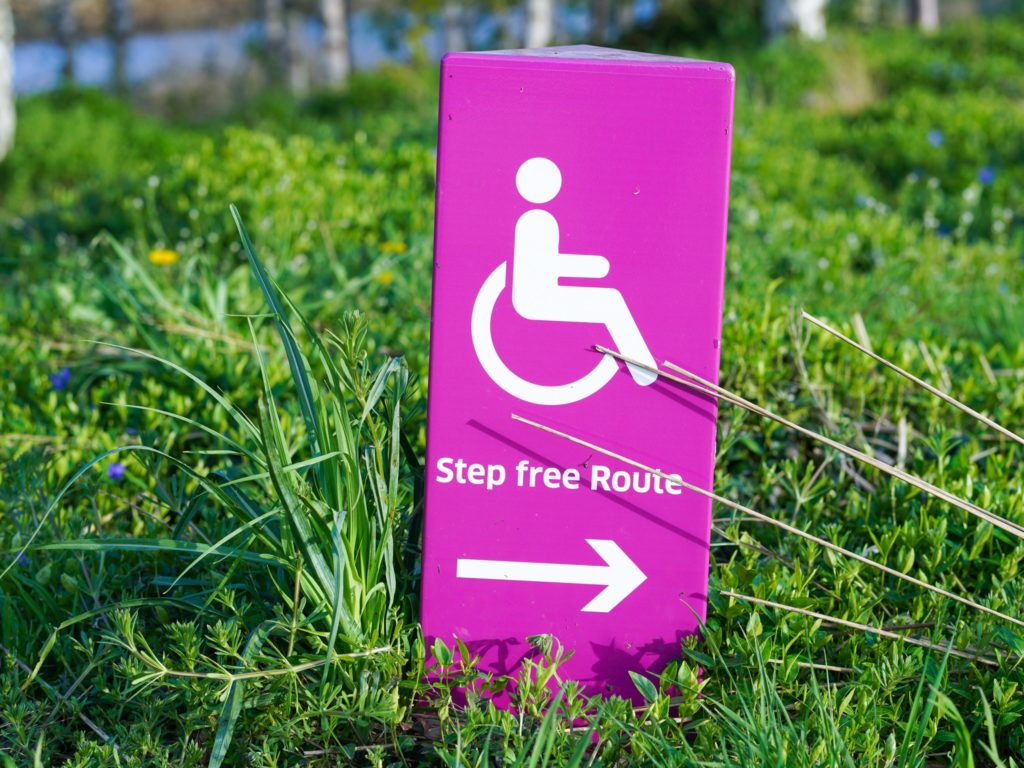It is important that employers follow the correct etiquette when they are working with a person who has a disability. This article will look at the do’s and don’ts of treating your colleague who is living with a disability, with respect to specific workplace environments.
Introduction
The information used in this article was taken from an official publication by the Finance and Accounting Services Sector Education and Training Authority (FASSET).
Reference: FASSET (n.d.). Employer toolkit for employing people with disabilities. [online] Johannesburg: FASSET. Available at: http://www.fasset.org.za/Downloads/Fasset_disability_toolkit_v8.pdf [Accessed 2 Oct. 2018].
People who are living with disabilities want to be known for who they are and be able to make a valuable contribution in both the workplace and society. It is commonly thought that persons with disabilities must work 3 times harder than persons without. This can lead to increased self-motivation and commitment which employers may not always see among other employees.
When accommodating someone with a disability you don’t need to give them preferential or special treatment. It is about appreciating who they are and in many cases their disabilities can work to their advantage.
Disability Do’s in the Workplace
- Offer to shake the person’s hand, unless it is clearly obvious that they cannot do so.
- Always offer assistance but don’t actively assist until such assistance is accepted.
- Follow clear instructions with regards to the way someone has asked them to help you – they know what is needed from you an will always attempt to do something themselves if they feel they can.
- Treat people as individuals – avoid treating everyone with a disability the same.
- Use the term ‘non-disabled’ as opposed to able bodied.
- Talk directly to the person as opposed to their assistant.
Disability Don’ts in the Workplace
- Never refer to someone by their disability. Don’t call them handicapped, retarded, deaf or dumb, paraplegic or spastic.
- Don’t think that people with disabilities are different. Avoid talking down to a person or patronising them because of their disability.
- If the person uses a wheelchair, never lean on the wheelchair.
- Avoid asking specific medical or personal questions unless they are directly related to the reason you need to find them out.
- If the person with a disability has an assistance, never thank the assistant for their services. Always thank the person themselves.
- Try to avoid making assumptions about the person because of their disability e.g. don’t assume they don’t know something because of their disability constraints.
- Never worry about making mistakes – the worst thing you can do is ‘tip-toe’ around a person with a disability. Treat them like any other employee but remain adaptable to their situation.
Through applying tolerance and appreciation of others in the workplace, companies can be both more productive and efficient. Remember these do’s and don’t and you’ll be all set to thrive in the workplace when it comes to working with your colleagues who have a disability.
ClockWork specialises in assisting unemployed people with disabilities to find jobs, internships and learnerships. Are you an employer looking to hire an individual who lives with a disability? If so, click here to find out more or send us an email: [email protected]
Did you enjoy reading this article: We have plenty more where this came from! See Financial Benefits of Employing Someone with a Disability






